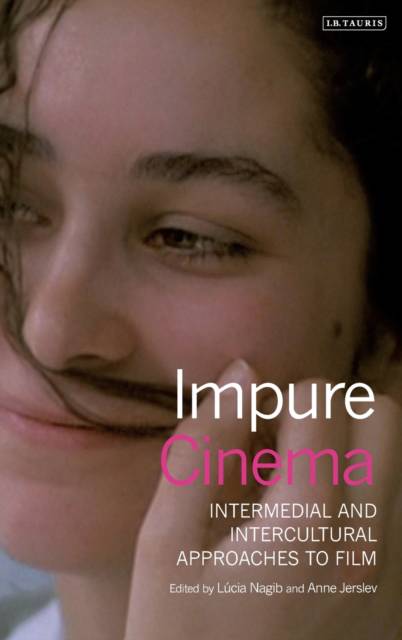
- Afhalen na 1 uur in een winkel met voorraad
- Gratis thuislevering in België vanaf € 30
- Ruim aanbod met 7 miljoen producten
- Afhalen na 1 uur in een winkel met voorraad
- Gratis thuislevering in België vanaf € 30
- Ruim aanbod met 7 miljoen producten
Zoeken
€ 254,45
+ 508 punten
Omschrijving
Impure Cinema goes back to Bazin's original title precisely for its defence of impurity, applying it on the one hand to cinema's interbreeding with other arts and on the other to its ability to convey and promote cultural diversity. In contemporary progressive film criticism, ideas of purity, essence and origin have been superseded by favourable approaches to 'hybridization', 'transnationalism', 'multiculturalism' and cross-fertilizations of all sorts. Impure Cinema builds on this idea in novel and exciting ways, as it draws on cinema's combination of intermedial and intercultural aspects as a means to bridge the divide between studies of aesthetics and culture. Film is revealed here as the location par excellence of media encounters, mutual questioning and self-dissolution into post-medium experiments. Most importantly, the book argues, film's intermedial relations can only be properly understood if their cultural determinants are taken into account. Scholars and students of film, cinefiles and students of the arts will discover here unexpected connections across many artistic practices.
Specificaties
Betrokkenen
- Uitgeverij:
Inhoud
- Aantal bladzijden:
- 336
- Taal:
- Engels
- Reeks:
Eigenschappen
- Productcode (EAN):
- 9781780765105
- Verschijningsdatum:
- 24/10/2013
- Uitvoering:
- Hardcover
- Formaat:
- Genaaid
- Afmetingen:
- 157 mm x 236 mm
- Gewicht:
- 657 g

Alleen bij Standaard Boekhandel
+ 508 punten op je klantenkaart van Standaard Boekhandel
Beoordelingen
We publiceren alleen reviews die voldoen aan de voorwaarden voor reviews. Bekijk onze voorwaarden voor reviews.










